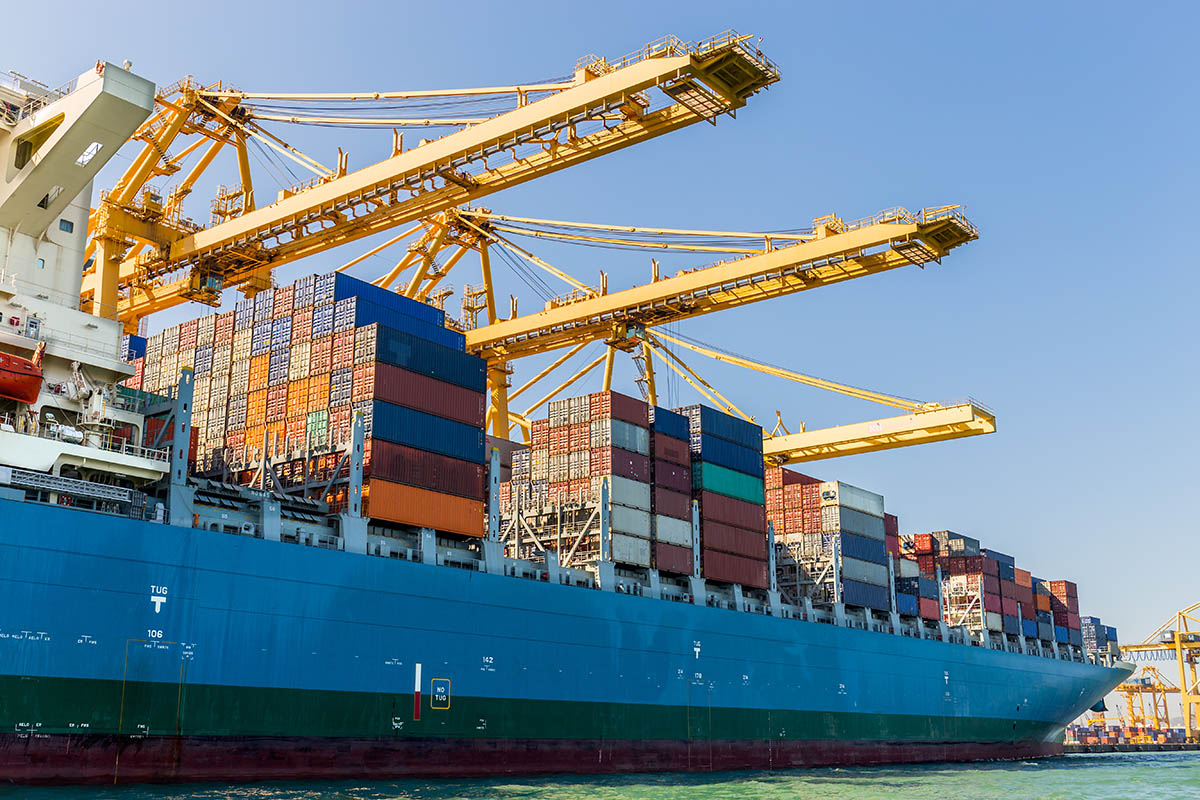
For now, the world’s most populous country continues to approve import licenses for recovered fiber. | peresanz/Shutterstock
China last week enshrined in law its intent to eliminate “solid waste” imports. Even so, the government continues to approve more imports of recovered fiber.


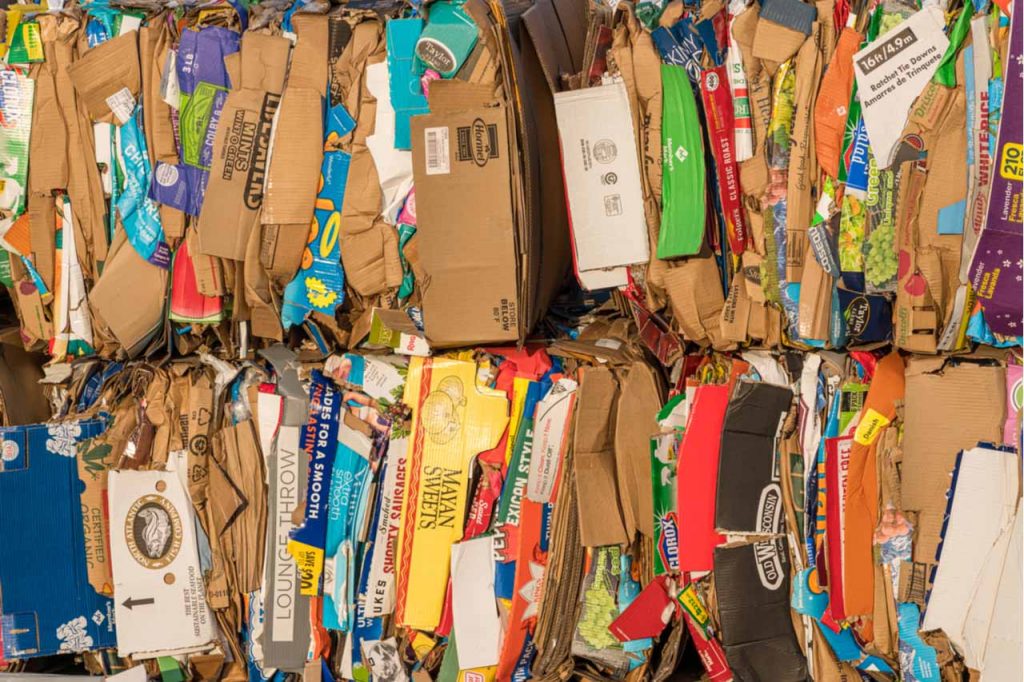
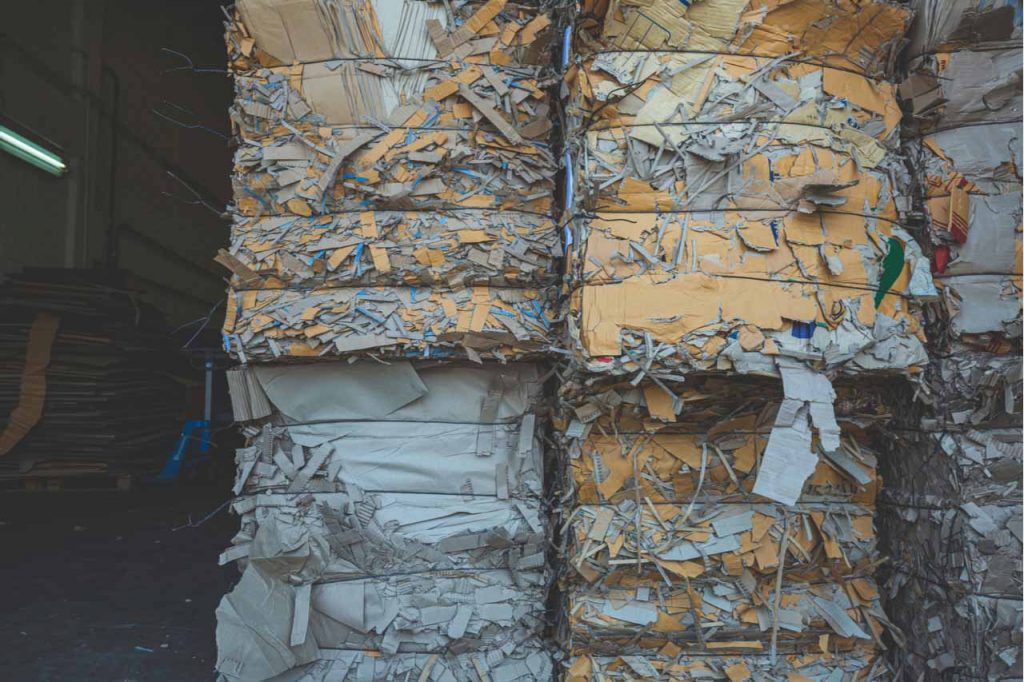
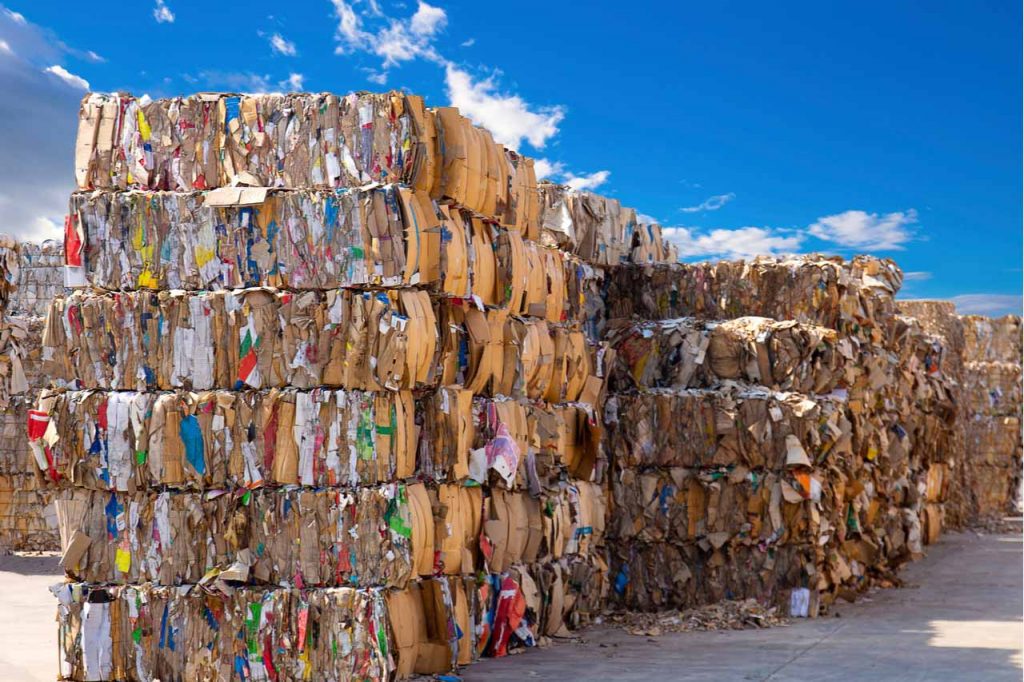
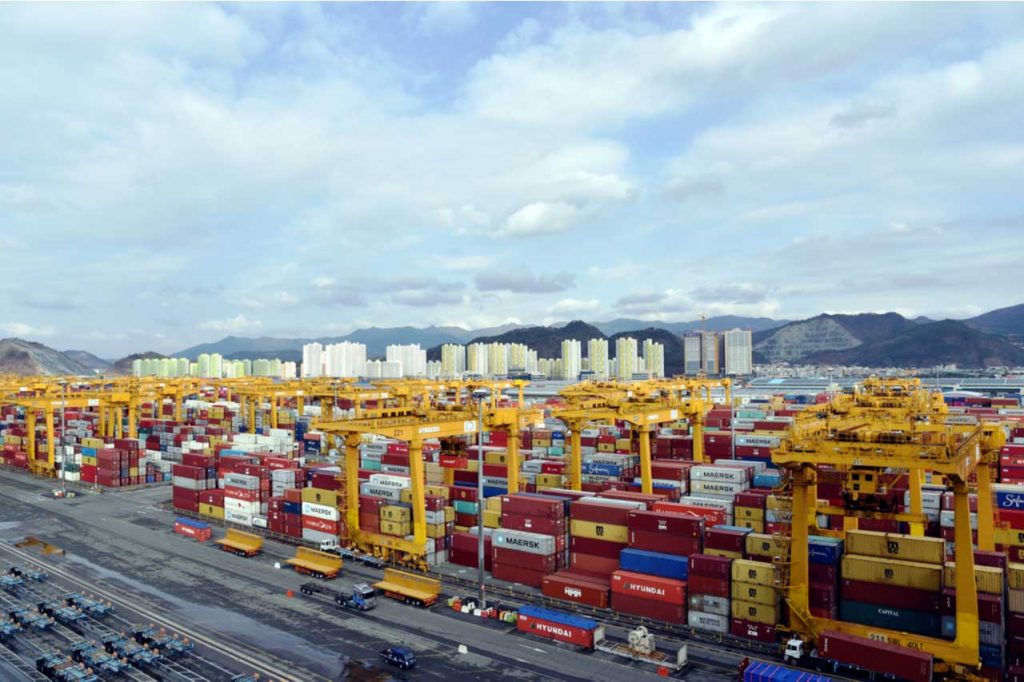
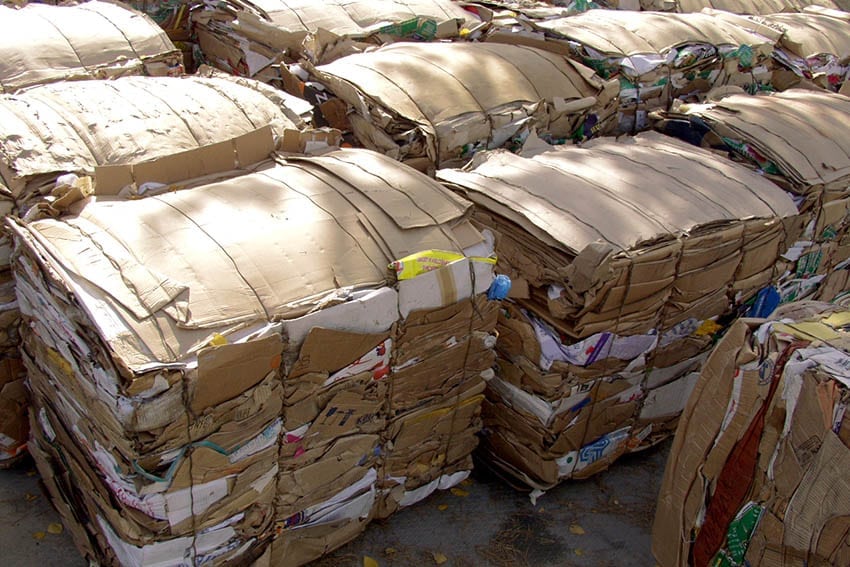
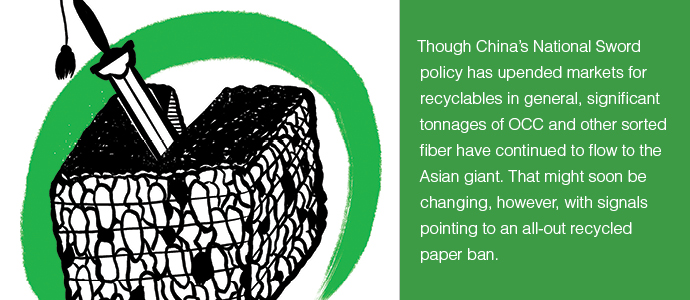
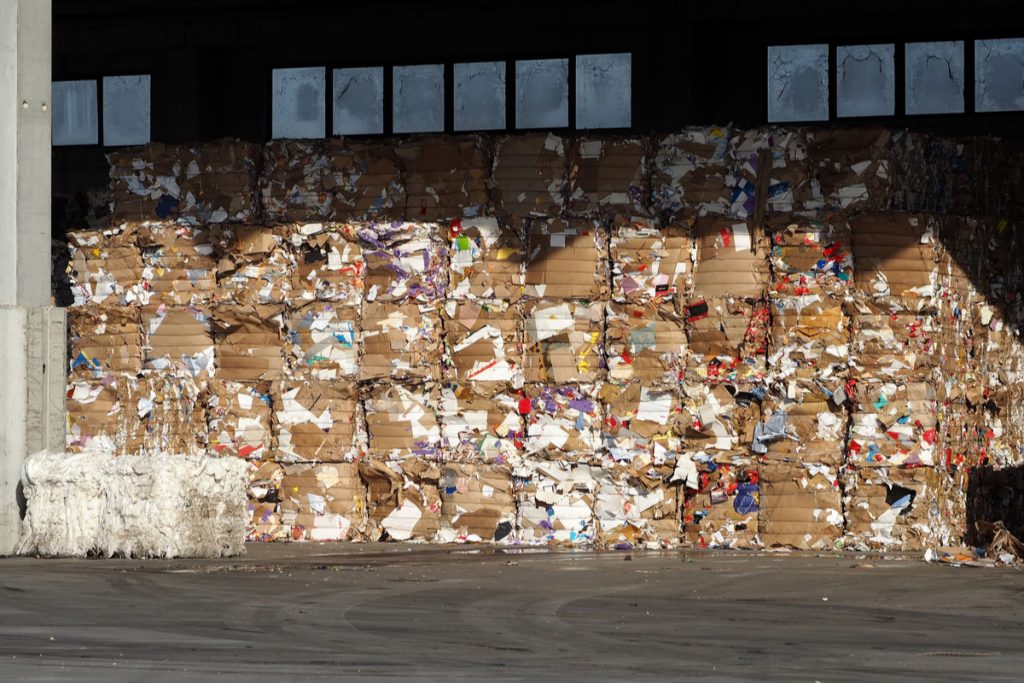
 Curbside recycling can put additional collection trucks on the road. But the recycling process ultimately brings environmental benefits that far outweigh the extra vehicle emissions, according to a study from Waste Management.
Curbside recycling can put additional collection trucks on the road. But the recycling process ultimately brings environmental benefits that far outweigh the extra vehicle emissions, according to a study from Waste Management. Lower recovered metals prices hurt revenue at a waste-to-energy company, and a group urges a major magazine to use recycled paper.
Lower recovered metals prices hurt revenue at a waste-to-energy company, and a group urges a major magazine to use recycled paper.